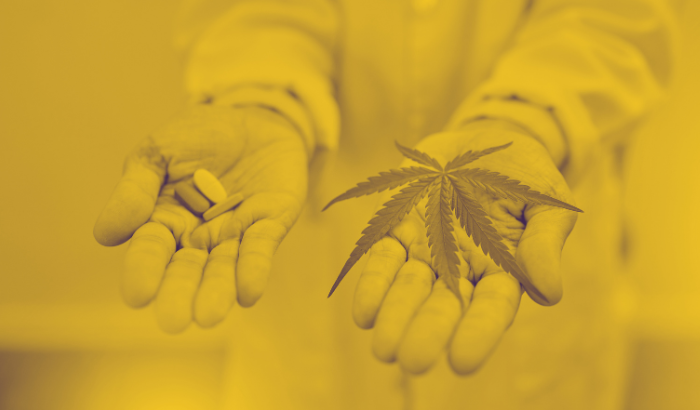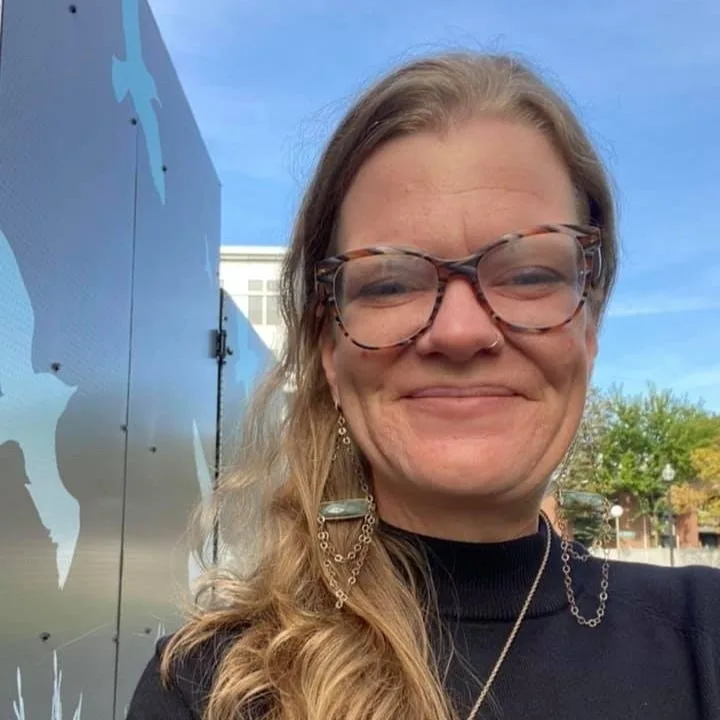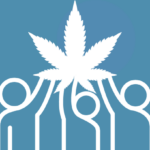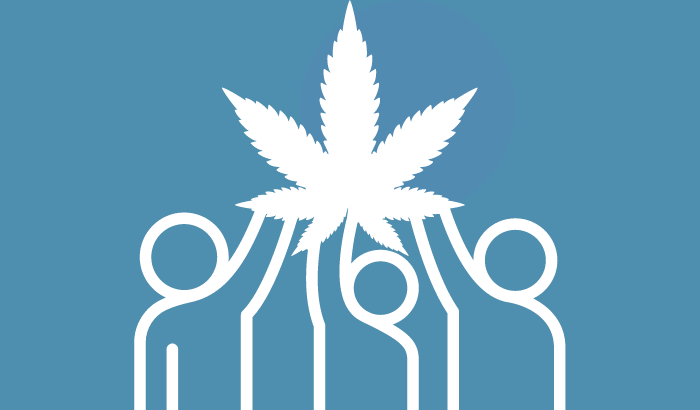
Subsequent free webinars on harm reduction and policy implications of integrating cannabis as an alternative in Massachusetts
Talking Joints Memo is proud to be the lead media sponsor of an upcoming three-part interactive webinar focused on results of the “Cannabis as an Alternative” research study led by Dr. Marion McNabb and Dr. Peter Grinspoon. All virtual events in the series are free to attend. Below you will find a recap and video from their first event, followed by information about their next two webinars …
The “Cannabis as an Alternative” study, led by Dr. Marion McNabb and Dr. Peter Grinspoon, aimed to investigate how cannabis consumers and patients use cannabis to reduce the unwanted use of other substances, including prescription drugs, alcohol, tobacco, and recreational street drugs. This groundbreaking research sought to provide valuable insights into the potential of cannabis as a harm reduction tool in the context of the ongoing opioid epidemic. The study employed a cross-sectional, national population-based survey design, collecting data from cannabis consumers and patients who had either used medical cannabis to reduce substance use in the past, were currently using it for that purpose, or were interested in learning more about this approach.
To ensure a diverse and representative sample, the study utilized convenience sampling methods to recruit participants from across the United States. Data collection took place between August and November 2022, capturing a wide range of experiences and perspectives on the use of cannabis as an alternative to other substances. By employing a rigorous methodology and a patient-centered approach, the “Cannabis as an Alternative” study aimed to contribute to the growing body of evidence surrounding the therapeutic potential of cannabis and its role in harm reduction strategies.
Demographics of the study participants
The “Cannabis as an Alternative study” included a diverse sample of 586 respondents from across the United States. Among the study participants, a significant proportion (41%) reported having experienced homelessness in the past, while 28% indicated that they were currently homeless. This representation of individuals with a history of housing instability highlights the study’s commitment to capturing the experiences of vulnerable populations who may be disproportionately affected by substance use and related harms. Additionally, 38% of the respondents were military veterans, and 28% self-identified as disabled, further emphasizing the study’s focus on understanding the unique needs and perspectives of individuals who may benefit from alternative approaches to managing their health and well-being.
The study sample also exhibited diversity in terms of race and ethnicity, with participants identifying as White, Black, Hispanic, and other racial/ethnic backgrounds. The age distribution of the respondents showed a concentration in the 20-39 age range, suggesting that the study captured the experiences of a relatively young adult population. Notably, over 53% of the participants reported having been diagnosed with or faced an opioid use disorder, underscoring the relevance of the study in the context of the ongoing opioid epidemic and the potential of cannabis as a harm reduction tool for individuals struggling with opioid use.
Key findings
One of the key findings of the “Cannabis as an Alternative” study was the widespread use of cannabis as an alternative therapy for a range of health conditions. An impressive 76% of the study participants reported having used cannabis as an alternative treatment for health conditions or symptoms either currently or in the past. This high prevalence of cannabis use for therapeutic purposes highlights the growing recognition of cannabis as a potential tool for managing a variety of health concerns. Among the most commonly reported conditions for which cannabis was found to be helpful were depression, anxiety, PTSD, nausea, vomiting, migraines, insomnia, and ADHD. These findings suggest that cannabis may offer a promising alternative or complementary approach to managing mental health conditions, neurological disorders, and other chronic health issues.
The study’s findings regarding the therapeutic use of cannabis are particularly relevant in the context of the ongoing opioid epidemic, as many individuals who struggle with opioid use disorder also experience co-occurring mental health conditions and chronic pain. By demonstrating the potential of cannabis to alleviate symptoms associated with these conditions, the “Cannabis as an Alternative” study underscores the importance of considering cannabis as part of a comprehensive, patient-centered approach to harm reduction and substance use management. These findings also highlight the need for further research to better understand the mechanisms underlying the therapeutic effects of cannabis and to develop evidence-based guidelines for its use in clinical practice.
Another significant finding from the “Cannabis as an Alternative” study was the reported reduction in prescription medication use among participants who used cannabis as an alternative therapy. The study revealed that 52% of the participants were currently taking medications for their health conditions and symptoms. However, when asked about the impact of cannabis use on their prescription medication consumption, respondents reported a decrease in the use of various types of medications, including over-the-counter drugs, antidepressants, mood stabilizers, muscle relaxers, anti-migraine medications, beta blockers, sedatives, statins, benzodiazepines, and stimulants. These findings suggest that cannabis may serve as a viable substitute for prescription medications, potentially reducing the risk of adverse side effects and dependence associated with long-term pharmaceutical use.
The reduction in prescription medication use among cannabis consumers has significant implications for public health and healthcare policy. By demonstrating the potential of cannabis to replace or reduce the use of prescription drugs, the study highlights the need for a more comprehensive and integrative approach to medication management, one that considers the role of cannabis as a complementary or alternative therapy. This finding also underscores the importance of patient education and informed decision-making, as individuals should be provided with accurate information about the potential benefits and risks of cannabis use in the context of their specific health conditions and medication regimens. Furthermore, the study’s results suggest that healthcare providers should be equipped with the knowledge and skills necessary to discuss cannabis use with their patients and to incorporate it into personalized treatment plans when appropriate.
Read the rest of Dr. McNabb’s breakdown of the first webinar here, and stay tuned to Talking Joints Memo for subsequent dispatches from the online series.

























